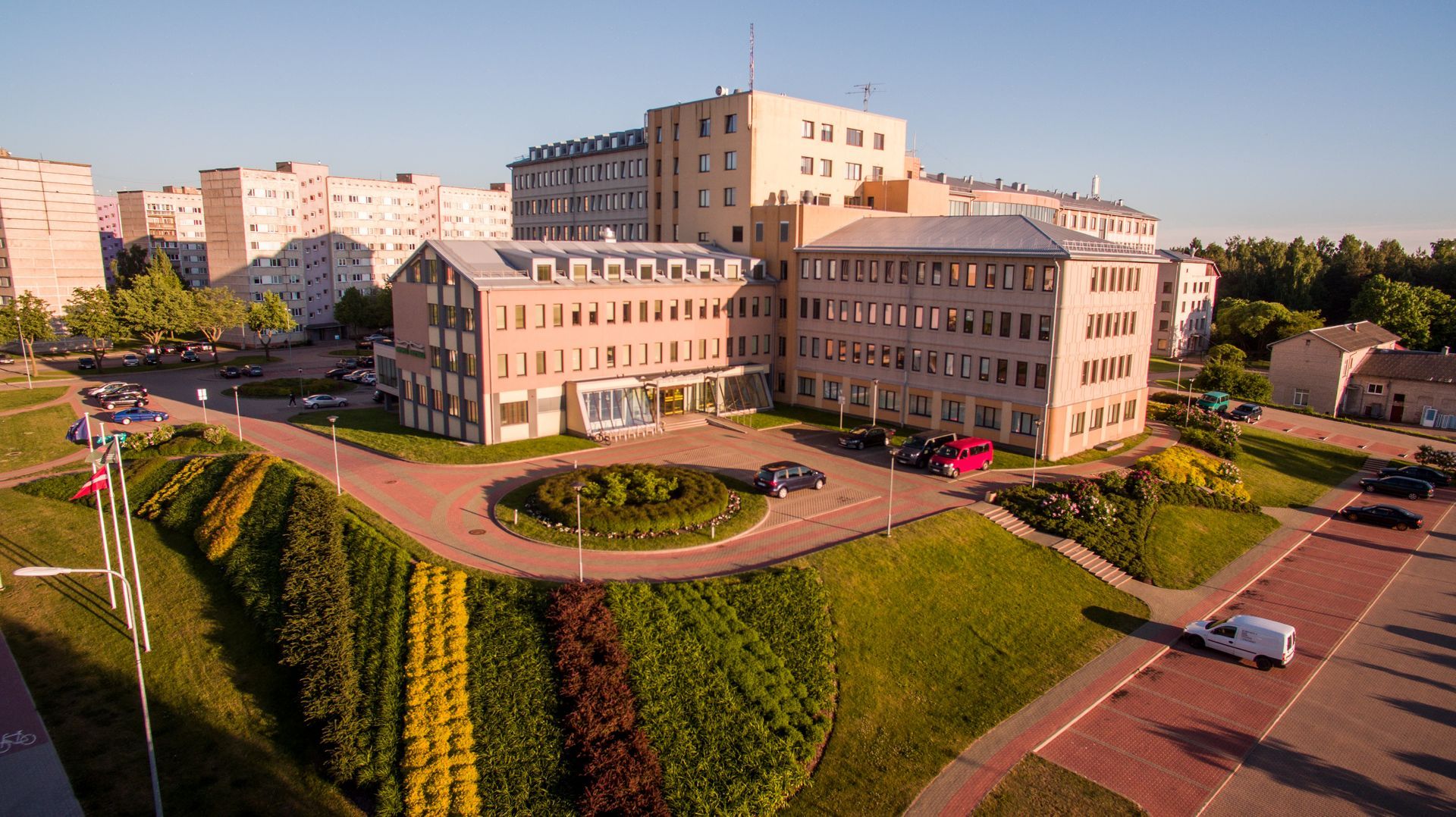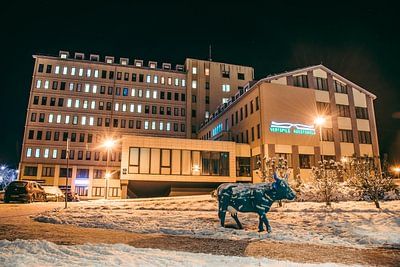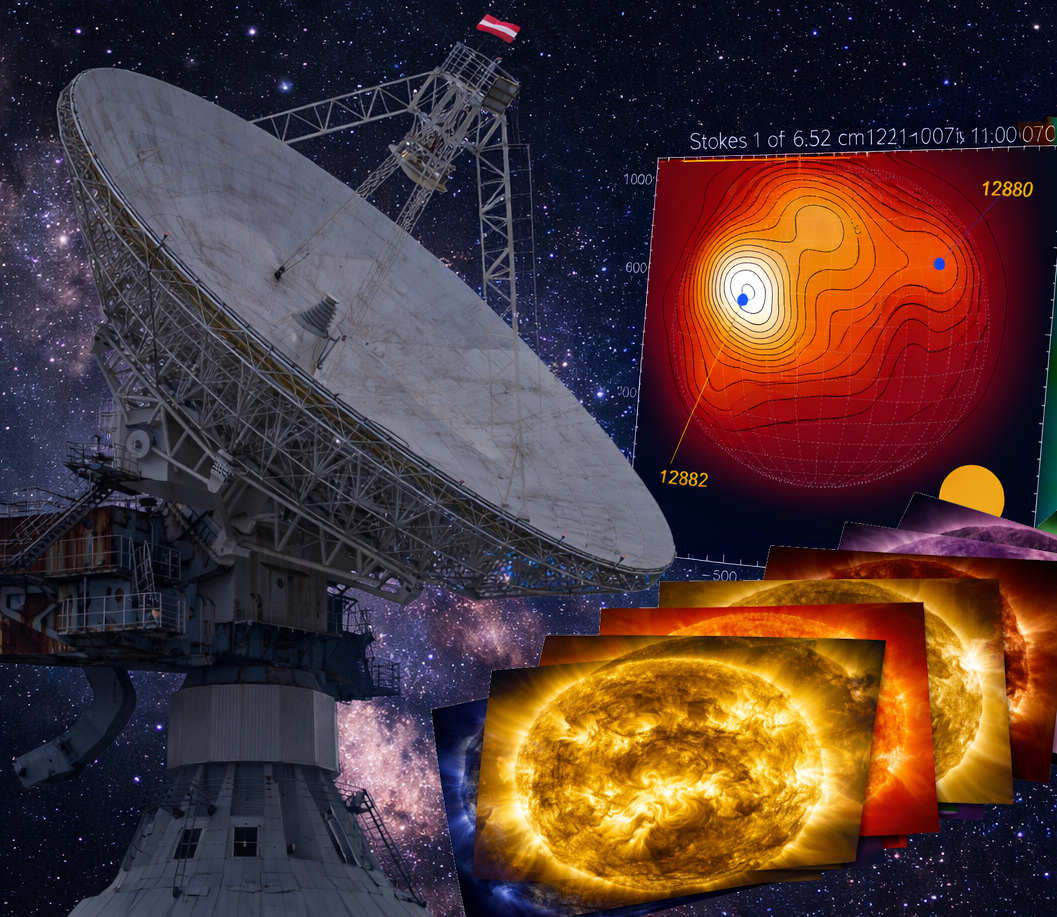Insight in the International Interdisciplinary Conference “Linguistic Diversity, Terminology and Statistics”
The end of last week at VUAS was busy, as an international interdisciplinary conference “Linguistic Diversity, Terminology and Statistics” took place on 3 and 4 November.
The conference was the 25th anniversary event of VUAS, which was opened by the Rector of VUAS Kārlis Krēsliņš and Inese Lūsēna-Ezera, Acting Vice-Rector for Science.
At the conference, keynote lectures were delivered by Associate Professor Francesca Bianchi from the University of Salerno (Italy), who focused on analyzing and evaluating various online resources designed for translation purposes, and Associate Professor Laimute Balode from the University of Latvia and the University of Helsinki (Finland), whose lecture explored the history of place names in the three Baltic States — Latvia, Lithuania, and Estonia — as well as how these names are translated into other languages. Her talk was especially resonant in November, as it coincided with the celebration of Latvia’s Independence Day. Dr. philol. Marie Vachkova, researcher and lecturer at Charles University in Prague (Czech Republic), delivered a keynote address that provided valuable insight into the development of bilingual dictionaries and revealed different aspects of the cooperation model between lexicographers and experts in term processing.
VUAS was represented by several researchers from the Faculty of Translation Studies (FoTS). Guntars Dreijers presented a paper on color names and their connection to the pigments used in creating the specific colors. Meanwhile, Valda Rudziša’s presentation focused on the challenges of achieving terminological equivalence in civil procedure between Latvian and German legal systems. Silga Sviķe provided an overview of the diversity of definition classifications and analyzed plant name definitions. She also presented examples of lexicographic definitions suitable for inclusion in a specialized bilingual dictionary designed as a mobile application. Linda Ozola-Ozoliņa discussed the challenges of translating helonyms (names of wetlands) between Latvian and English. She proposed a solution for the English equivalent of term ‘purvs’ and analyzed other related wetland habitat names in both languages.
Aiga Veckalne and Silga Sviķe talked about the contribution of VUAS Professor Juris Baldunčiks to linguistics, gave an insight into his biography, focused on the topics of his publications and collections of terms, word examples, and unpublished materials. Together with Solvita Štekerhofa and Mārīte George, the authors of the paper have collected more than 150 different materials (e.g. scientific and popular science publications, monographs, dictionaries, interviews) that Professor Baldunčiks has contributed to.
VIRAC researcher Karina Šķirmante, in collaboration with programmers Gints Jasmonts and Roberts Ervīns Ziediņš, FoTS researcher Silga Sviķe, and researcher Arturs Stalažs from the Institute of Horticulture, presented a paper introducing the system developed under the IMDS project (proj. No. lzp-2020/1-0179.) funded by the Latvian Council of Science. This system is designed for collecting and managing organism names, with the goal of supporting research and preserving linguistic diversity.
Senior FoTS students Amanda Alksne, Krista Strujeviča, and Signija Būmeistere led several conference sessions, showcasing their skills in introducing speakers and guiding discussions in English, German, and Latvian, which they had developed during their studies.
The conference also provided an opportunity to learn about a report prepared by representatives of the VUAS Library on the scientific research conducted over 25 years at the VUAS Translation Studies Faculty, as well as the final theses developed in various degree programs. According to the information collected by the VUAS Library, over the 25 years of FoTS, 777 bachelor’s theses, 237 master’s theses, and 12 doctoral dissertations have been defended. Additionally, from the university’s 20th to its 25th anniversary, FoTS faculty members have developed and published 116 scientific publications.
The conference was held online and gathered around half a hundred participants not only from Latvia but also from Italy, the Czech Republic, Lithuania, Poland, Spain, Belgium, Romania, and other countries.
The cultural programme of the conference included an exhibition of beautiful paintings by artist Ingrīda Irbe, dedicated to the memory of her husband, Professor Baldunčiks. The characters in the paintings by the artist are plants, each with its name and story. These words and stories perfectly fit the theme of the conference and provided a delight for the soul after two intense days of the event. The musical accompaniment was provided by Eduards Sviķis, a young guitarist and a student of Ventspils Music Secondary School.
The scientific and organizing committee of the conference is pleased with how the international conference went and expresses gratitude to the keynote speakers and all participants for their contributions — both in preparing their presentations and engaging in active discussions on terminology, lexicography, translation studies, and related topics.
This conference is funded by the Latvian Council of Science, project “Smart Complex of Information Systems of Specialized Biology Lexis for the Research and Preservation of Linguistic Diversity“. Proj. No. lzp-2020/1-0179.
Share on other platforms
Other news







